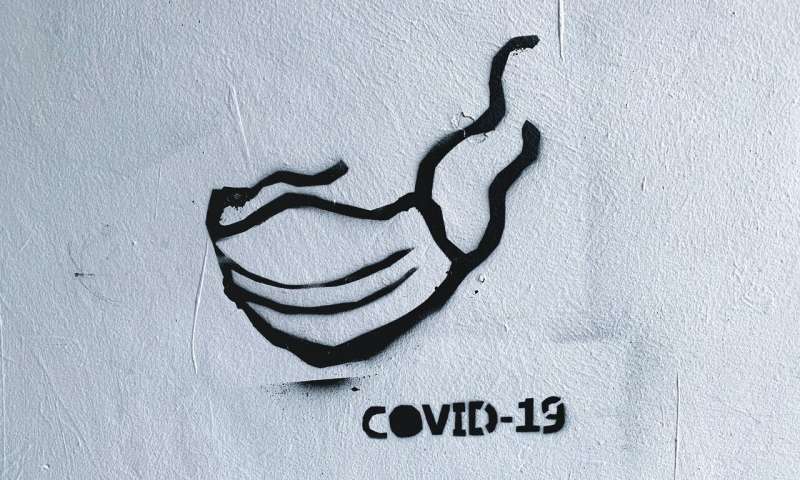Year on, WHO says COVID early alarm fell on some deaf ears

Nearly a year after first describing COVID-19 as a pandemic, the World Health Organization complained Monday that some failed to listen to its earlier urgent warnings.
The WHO sounded its highest available level of alarm on January 30, 2020 by declaring a Public Health Emergency of International Concern (PHEIC).
But it was not until it used the word “pandemic”—which does not feature in the official international health alert system—on March 11 that many countries jumped into action.
WHO director-general Tedros Adhanom Ghebreyesus said some countries were slow to wake up to the risks of the novel coronavirus after the PHEIC declaration, when, outside China, there were fewer than 100 cases of COVID-19 and no deaths.
“One of the things we still need to understand is why some countries acted on those warnings, while others were slower to react,” he told a press conference.
“We continued to warn that the world had a narrow window of opportunity to prepare for and prevent a potential pandemic,” he insisted, adding that the description was finally deployed on March 11 after the number of affected countries and cases soared.
“But we must be clear that that was not the moment at which we sounded the highest level of alarm.”
Need for ‘hearing aids’
Reflecting on why some states did not jolt into action before the pandemic categorisation, WHO emergencies director Michael Ryan said too many countries thought the problem would simply pass them by.
Ryan said he fully understood that the public might not necessarily have reacted to the PHEIC declaration, but stressed that all 194 WHO member countries had agreed on that as the “trigger to collective action in response for containment.
“We have to ask ourselves, yes, maybe we need to shout louder—but maybe some people need hearing aids.”
Ryan said people living in a valley when a dam bursts know their level of risk and take action while those further up the hillside do not feel the urgency until the waters rise.
“Many people did hear, many countries did hear and took action,” he told the briefing.
However, he added: “I fear too many countries thought they were on a mountain top watching the waters rise to consume and overwhelm others.
“But what everyone didn’t realise was that the waters rose to consume them.”
‘Don’t squander progress’
Nearly 2.6 million people are known to have been killed by COVID-19 since the outbreak emerged in China in December 2019, while more than 116 million cases have been registered, according to a tally from official sources compiled by AFP.
Tedros said the WHO’s focus was on supporting countries to end the pandemic, including with vaccines being rolled out around the world.
“We have come so far, we have suffered so much, and we have lost so many. We cannot—we must not—squander the progress we have made,” he stressed.
Maria Van Kerkhove, the WHO’s technical lead on COVID-19, said the organisation had done all it could to work with governments after the virus was detected in the Chinese city of Wuhan.
“We were doing our best to inform every day on the situation,” she said, on what was known about the virus and its dangers in the weeks before terming it a pandemic.
Source: Read Full Article
